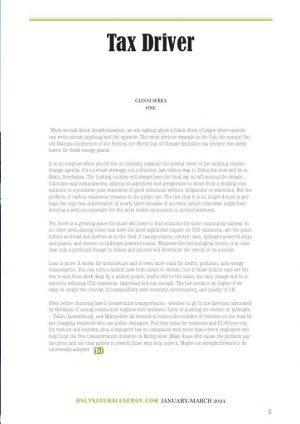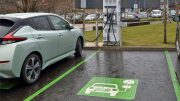 When we talk about decarbonization, we are talking about a blank sheet of paper where anyone can write almost anything and the opposite. The most obvious example is the Cop, the annual United Nations Conference of the Parties; the World Cup of Climate Ambition has become the safest haven for fossil energy giants.
When we talk about decarbonization, we are talking about a blank sheet of paper where anyone can write almost anything and the opposite. The most obvious example is the Cop, the annual United Nations Conference of the Parties; the World Cup of Climate Ambition has become the safest haven for fossil energy giants.
It is no surprise when you let the oil industry organize the pivotal event of the tackling climate change agenda. It’s a precise strategy, not a blunder; last edition was in Dubai the next will be in Baku, Azerbaijan. The hosting country will always have the final say in influencing the debate, outcomes and commitments, playing on adjectives and periphrases to move from a binding commitment to a pointless joint statement of good intentions without obligations or sanctions. But the problem of carbon emissions remains in the public eye. The fact that it is no longer denied is perhaps the only real achievement of nearly three decades of an event, which otherwise might have stood as a serious contender for the most visible monument to inconclusiveness.
Yet, there is a growing space for those who have to find solutions for their community anyway. In no other area, among those that have the most significant impact on CO2 emissions, are the possibilities as broad and diverse as in the field of transportation: electric cars, hydrogen-powered ships and planes, and electric or hydrogen-powered trains. Whatever the technological choice, it is clear that only a profound change in habits and policies will determine the extent of its success.
Less is more. It works for architecture and is even more valid for traffic, pollution, and energy consumption. You can turn a million cars from diesel to electric, but if those million cars are driven to and from work daily by a million people, traffic will be the same, the only change will be limited to reducing CO2 emissions. Important but not enough. The bar needs to be higher if we want to couple the concept of sustainability with economy, environment, and quality of life.
Even before choosing how to decarbonize transportation – whether to go in the direction advocated by Germany of saving combustion engines with synthetic fuels or pushing on electric or hydrogen – Tallin, Luxembourg, and Montpellier all decided to reduce the number of vehicles on the road by not charging residents who use public transport. Full free rides for residents and €1.60 per trip for visitors and tourists, plus a transport tax on companies with more than eleven employees will help fund the free transportation initiative in Montpellier. Make those who cause the problem pay the price and use that money to reward those who help solve it. Maybe too straightforward to be universally adopted.
Gianni Serra





